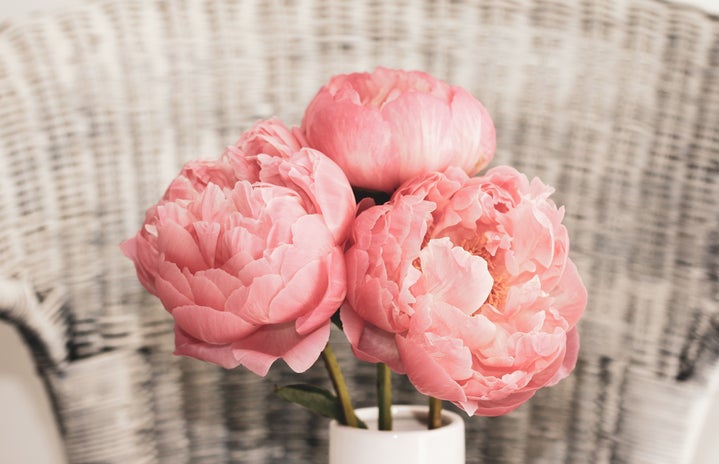“减肥,是女人一生的事业”
“Losing weight is a woman’s lifetime job”
How about no. I can’t help but see this phrase being repeated time and time again.
I frequent a Chinese microblogging site called RED (小红书) just to ensure that I can still read Mandarin characters. I only follow art blogs on RED. However, when browsing the “explore” page of this Instagram-Pinterest hybrid women-oriented site, I see that it is filled with tips on how to lose weight, to look fair or slim (显瘦显白). In my opinion, this site is a microcosm of Chinese society, and to an extent, Singaporean Chinese society too.
Thinness is praised–even demanded–of women.
As someone who had previously battled an eating disorder and suffers from crippling body issues, I can vouch for the harmful effects of the unrealistic expectations encircling weight loss and women. I’ve personally experienced how harmful the cultural obsession with thinness can be. What started out as a harmless diet due to my mom’s comments about my body soon developed into anorexia when I was 16. I suffered from all the complications that accompanied this eating disorder: hair loss, extreme cold, a messed-up digestive system and amenorrhea, to name a few.
When I used to attend family gatherings, relatives would praise my weight loss. But thinness wasn’t enough. Despite the significant weight loss, comments were still hurled my way and I remained insecure about my body image. My relatives’ praises gradually evolved into comments about me being “too skinny” and them telling me “you should eat more”. They never asked me if I was ok. There were only ever comments about my body. It took a long time, but I eventually recovered from my eating disorder and returned to a healthy weight. I started to pole dance and grew some muscles, which they never hesitated in pointing out too. Eventually, I stopped going to these family gatherings. My mother–bless her heart–realised how harmful these comments were and never forced me to attend those gatherings.
As I was recovering from my eating disorder, my obsession with food turned into a beauty obsession. In place of obsessing over my consumption of food that is tied to weight, I became really caught up in consuming things to change who I was. I found myself engulfed in consumerist culture: buying makeup, expensive clothes, shoes– all because, it seemed like the perfect woman had to have these things.
Consumerism is another ideology that is entrenched in Chinese society, with luxury goods representing a sign of wealth and success. After awhile I just wondered, what is the point of buying all these things? They weren’t improving my life in any way, maybe a few compliments, but it was not fulfilling. Slowly, I realised the value of non-material things, and diverted my obsession to appreciate what truly matters. I spent my time and money on things like art, dance, my pets, going out with my friends and girlfriend, etc.
My issue with the Chinese culture is how consumerism and beauty are such big parts of the cultural identity. Asian, not just Chinese, culture places an emphasis on needing to “look” a certain way (i.e. the concept of showing face). There is a pressure of always looking pretty and keeping up appearances, turning women into a spectacle to looked at. Women are also taught to survey themselves, resulting in hyper awareness of their appearance. Although the Singaporean Chinese identity is vastly different from that of China, the obsession over beauty and consumerism is a concept ever-present in local culture. I find the relationship between dieting and consumerism ironic: it almost seems like goods are “consumed” to make up for the lack of food.
How can the pursuit of beauty and thinness be one’s life goal? Why should life be about buying things and trying to depict an image of happiness? That is not a life worth living.
To be honest, other than the fact that I speak Mandarin, I have pretty much distanced myself from both Singaporean and Chinese culture. For me, both cultures are way too close for comfort and I sometimes get really depressed at what I hear. However, I still enjoy listening to people’s cultural experiences, even those who live in China. I always ask my Mandarin teacher about how it’s like living in China, and her experiences growing up.
While I have realised that it is best that I don’t actively participate in either Singaporean and Chinese culture, I still keep an open mind and enjoy learning about different cultures.


